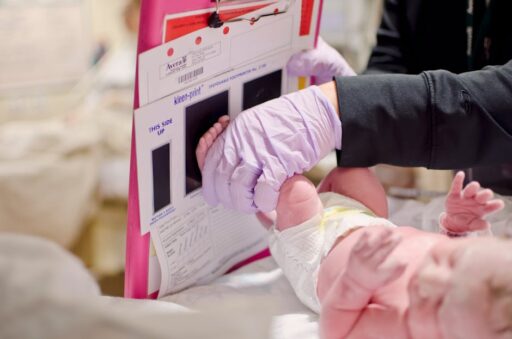Protecting Your Newborn from Pertussis: Essential Information for Expecting Mothers
By Chelsea Flores
Reviewed by Elizabeth Salas, MPH
Understanding Pertussis
Pertussis, or whooping cough, is a highly contagious bacterial infection caused by Bordetella pertussis. It spreads through coughing, sneezing, or close contact with an infected person. Pertussis can affect anyone, but it poses the greatest risk to infants and the elderly. In California, there have been outbreaks, with significant numbers of cases and infant fatalities reported over the years.
Why Newborns Are Especially Vulnerable
Newborns have weaker immune systems and cannot receive their first pertussis vaccine until they are at least six weeks old. This makes them particularly vulnerable to severe illness and hospitalization if infected. According to the CDC, hospitalized infants can suffer from pneumonia, apnea, convulsions, and in severe cases, even death.
The Role of Vaccination During Pregnancy
Vaccination during pregnancy is the most effective way to protect newborns from pertussis. Receiving the Tdap vaccine during the late stages of pregnancy (27-36 weeks) helps mothers pass protective antibodies to their babies, safeguarding them until they are old enough to be vaccinated. This practice is supported by the Centers for Disease Control and Prevention and the American College of Obstetricians and Gynecologists.
Ensuring Safety: The Tdap Vaccine
The Tdap vaccine is an inactivated vaccine, meaning it does not contain live bacteria, making it safe for pregnant women. Studies have shown no increase in birth defects associated with its use during pregnancy beyond the background risk present in every pregnancy.
Family and Community Protection
Family members and others in close contact with the newborn should also be vaccinated to create a “cocoon” of protection around the infant. This reduces the risk of exposure to pertussis from unvaccinated individuals.
Conclusion
While vaccination does not completely eliminate the risk of pertussis, it significantly reduces the severity of the infection. Expecting mothers should consult their healthcare providers for more information about the Tdap vaccine. For further resources, contact MotherToBaby California or visit their website for fact sheets and study participation opportunities.
For additional information, visit the California Department of Public Health and the Centers for Disease Control and Prevention.




